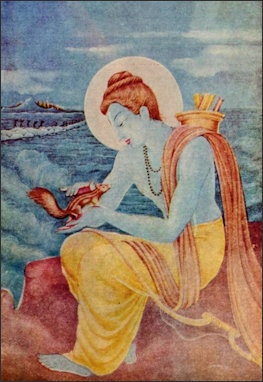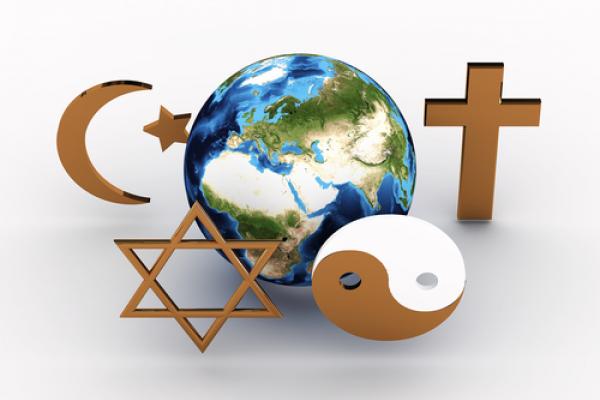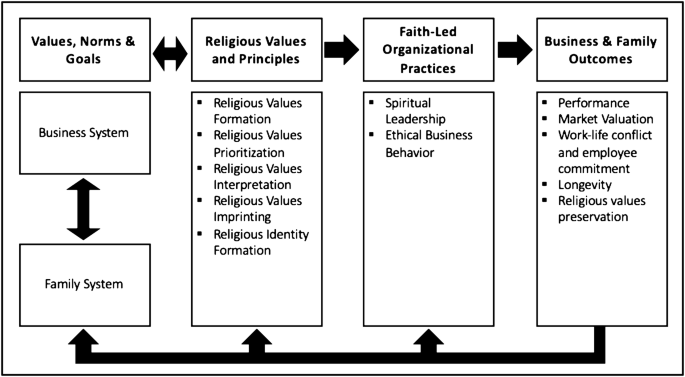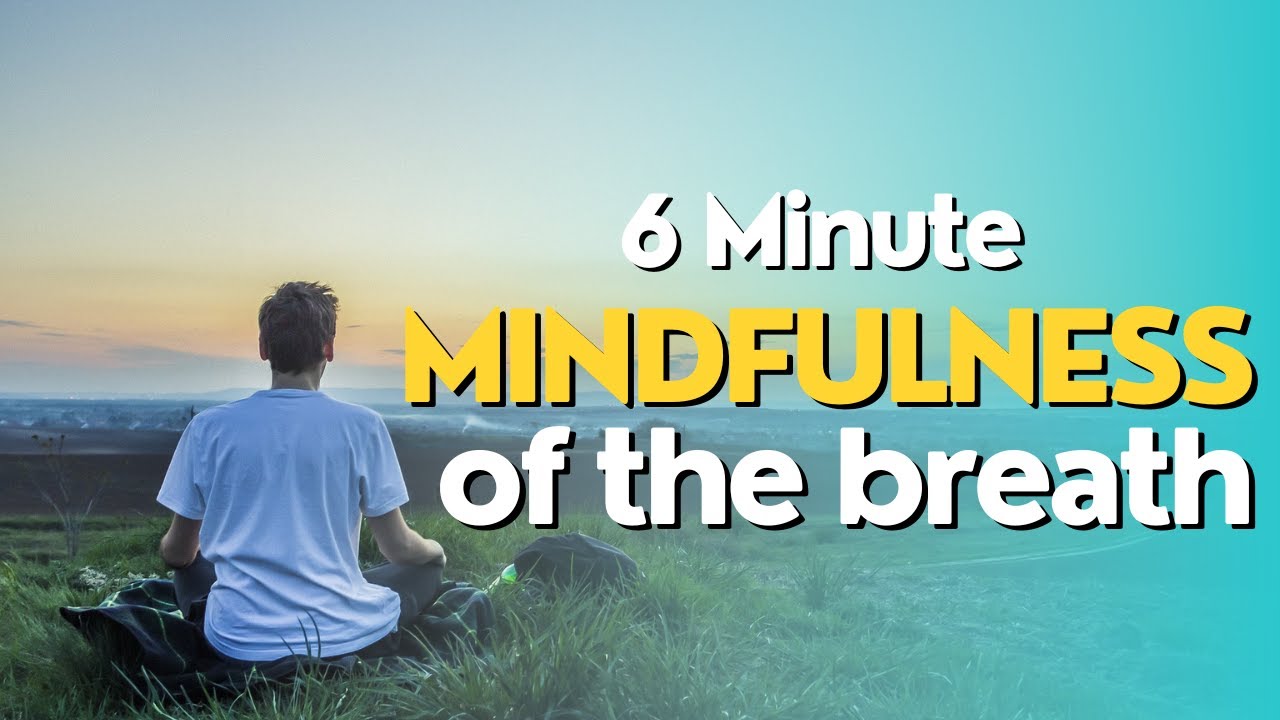Hinduism is one of the world’s oldest religious traditions. It is an extremely diverse religion, with countless beliefs, practices, and gods. For those outside of the Hindu faith, it can be difficult to understand all of the nuances and subtleties that make up this fascinating culture. In this blog post, we will explore some of the key beliefs of Hinduism culture.
1. Karma: One of the fundamental concepts in Hinduism is karma. Karma is the idea that everything you do has consequences, either in this life or in a future life. Good deeds will bring you good karma, while bad deeds will bring you bad karma. This belief inspires Hindus to live a righteous life and to do good for others.
2. Reincarnation: Another core belief of Hinduism is reincarnation. According to Hinduism, every person has a soul, or atman, that is eternal and goes through many cycles of birth, death, and rebirth. The circumstances of each life are determined by the person’s karma. For example, if someone lives a life full of good deeds, they might be reborn into a higher caste or a more prosperous situation in their next life.
3. Dharma: Dharma is another important concept in Hinduism culture. It refers to the moral and social order that upholds the universe. For individuals, dharma means fulfilling one’s duties and obligations to society and the gods. This includes things like performing religious rituals, giving to charity, and treating others with kindness and respect.
4. Moksha: Finally, one of the ultimate goals of Hinduism is achieving moksha, or liberation from the cycle of birth and death. Moksha can be achieved through good deeds and spiritual practices like yoga and meditation. Once achieved, the soul is freed from the cycle of reincarnation and unites with the divine.
Overall, Hinduism culture is full of fascinating and complex beliefs and practices. By exploring these beliefs, we can better understand and appreciate this rich and ancient tradition.











